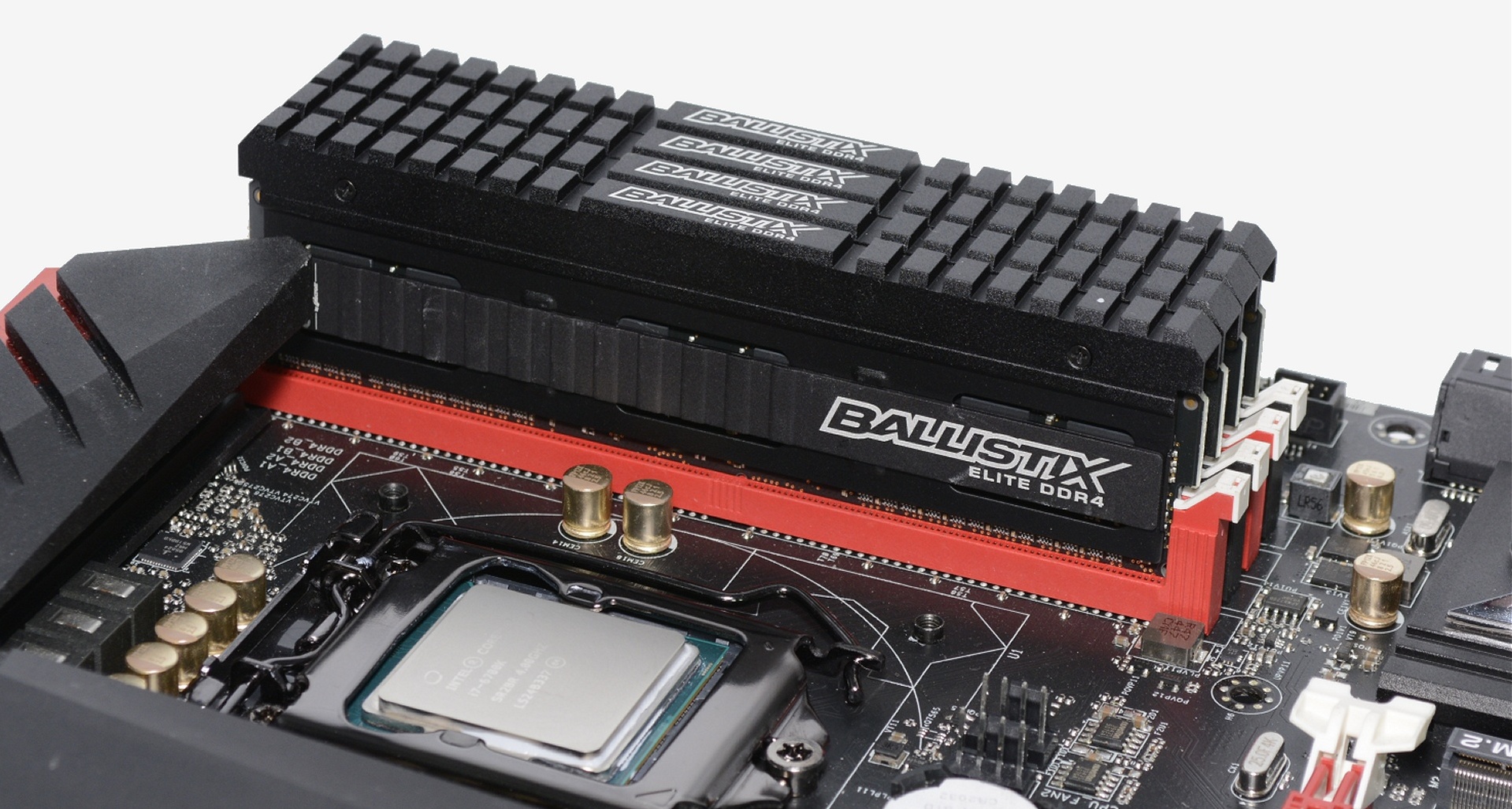How Much RAM? 4GB vs. 8GB vs. 16GB Performance
Editor's Note:An update to this article has been posted here.
Intel Skylake processors will be about 18 months old when they are replaced early next year with 'Kaby Lake' parts. AMD is also expected to finally unleash their Zen CPU, and with that we expect many of you will be looking into these new platforms for possible upgrades.
Although memory prices remain competitive (read: cheap), there's been a slight surge in pricing during the past few months. For the most part DDR4 memory is now cheaper than older DDR3, with 8GB DDR3-2400 kits starting at just $60 – less than many of you would spend on a lump of aluminum for your CPU – you probably won't think twice about spending $110 to secure a 16GB kit. Faster 3000MHz DDR4 memory starts at ~$55 for 8GB and $95 if you want 16GB.
But regardless if you opt for Kaby Lake or Zen, or go for last season's range of processors, you'll likely be asking yourself: "Should I get 8GB or 16GB of RAM?"

Note:This feature was originally published on 08/18/2015. We have revised it and bumped it because it's as relevant today as it was before. Part of our #ThrowbackThursday initiative.
If you're building a Core i7 system with a high-end GPU and a speedy SSD, a 16GB memory kit is going to be one of the smaller purchases. However, if you're making an effort to get the most bang for your buck by opting for parts such as a Core i3 processor and perhaps a GTX 1050, then you'll really want to know if that extra 8GB of memory is actually going to benefit you.
If you're building a Core i7 system with a high-end GPU and a speedy SSD, a 16GB memory kit is going to be one of the smaller purchases.
Keep in mind there is little point in "future-proofing" your system with extra memory now as adding more down the track is always a more economical option, provided you have the empty DIMM slots.
The last time I really bothered to compare memory capacities was in 2007 when DDR2 was all the rage. At the time I looked at 2GB vs 4GB performance in games and I found almost no advantage to using 4GB of memory.
Today's modern games and many productivity applications can consume upwards of 4GB, so there's little argument for not going with 8GB. However, the need for 16GB of memory remains a hotly debated subject, so today we are going see if and where this much memory might be useful for desktop users.
Test System Specs
本文地址:http://www.signalforexgratis.com/column/232/
版权声明
本文仅代表作者观点,不代表本站立场。
本文系作者授权发表,未经许可,不得转载。